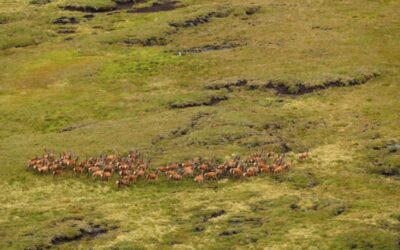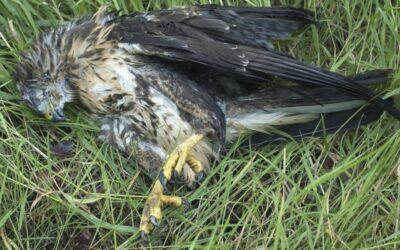This month we are taking a closer look at the largest and most diverse order of insects on earth – Beetles. Stored Product Beetles are our Pest of the Month for February:
-
All beetles belong to the order coleoptera. Coleoptera means sheath winged. From Greek: koleos = sheath and pteron = wing. The forewings have developed into elytra which protect the rear wings.
-
Beetles are the largest and most diverse order of insects on earth, making up about 30% of all animals with over 400 000 species worldwide and over 4000 species described in the UK.
-
Stored product beetles damage foodstuffs, raw materials and contaminate finished goods which makes them unfit for consumption. Some are primary pests that attack whole grains. Others follow the initial damage as secondary pests. Losses can amount to 10% or more of the commodity through spoilage or secondary fungal infection.
-
Primary coleopteran stored product pests include grain weevils (Sitophilus granarius, S.zeamais, S.oryzae), the lesser grain borer (Rhyzopertha dominica) and the saw-toothed grain beetle (Oryzaephilus surinamensis). Secondary beetle pests include the flour beetles (Tribolium confusum and T.castaneum).
-
Many storage pests supplement their diet by feeding on mould and mould spores. This provides additional nutrients that are absent or unavailable directly from the commodity itself.
-
Beetles from the families Cleridae, Tenebrionidae and Trogossitidae will also prey on other insects present including members of their own species.
-
Stored product beetles may be attacked by a number of parasitic wasps. These wasps lay their eggs on or in the eggs or larvae of their host. Wasp larvae then develop on host tissue, eventually killing the host as they emerge as mature larvae prior to pupation or as an adult depending on the species.
-
A number of species feed on dead insects and other dried material of animal origin. These include members of the families Ptininae, Cleridae and Dermestidae. Many of these insects are also important pests of stored products of animal origin such as wool, hides, skin and dried fish.
-
Many storage pests have been associated with human activity for a long time. Some were well established as pests of grain in ancient Egypt.
-
Originally, many species had restricted distributions, but thousands of years of trade has resulted in most pest species now having global distributions.
www.killgerm.com/stored-product-beetles/



0 Comments